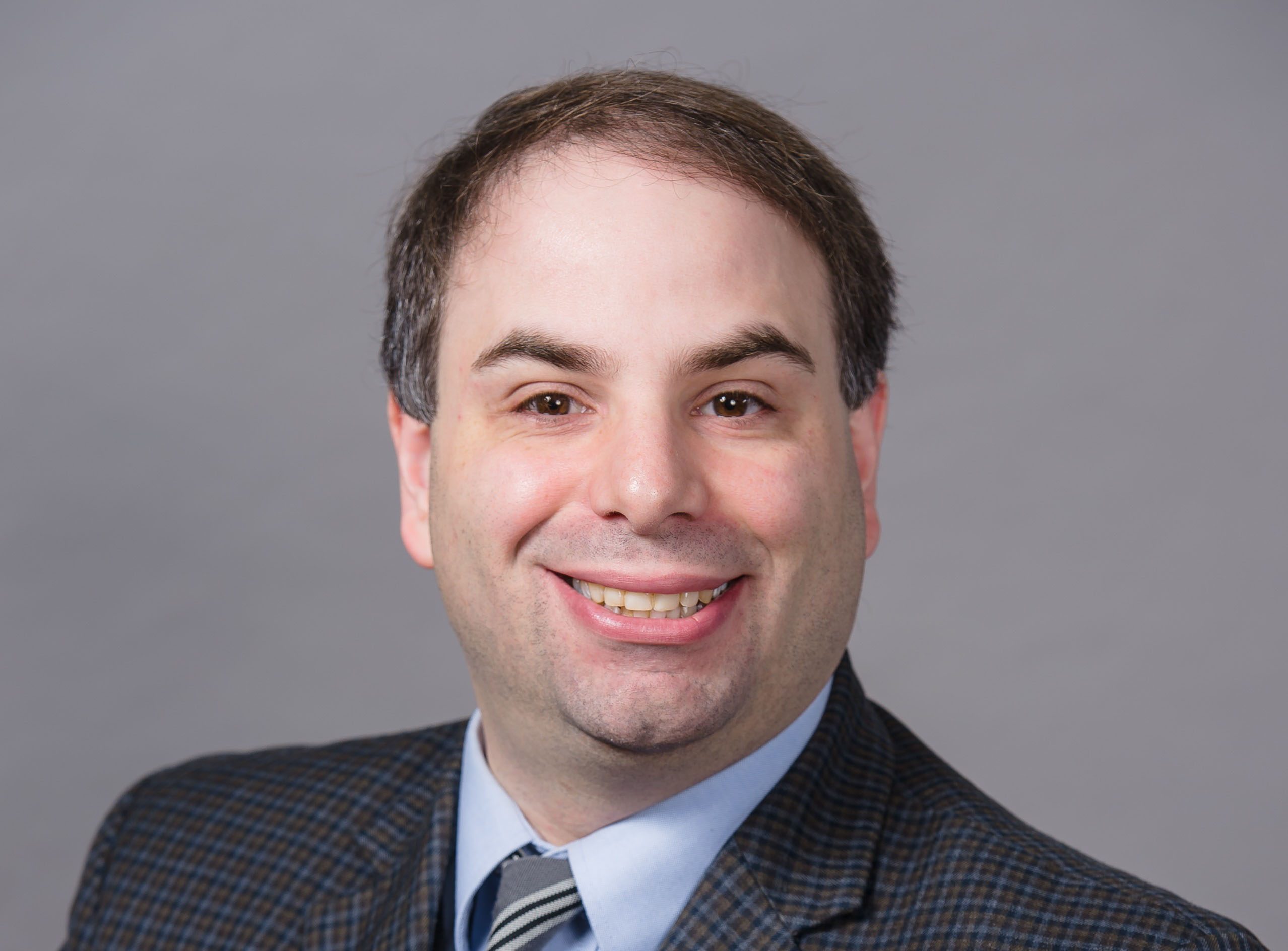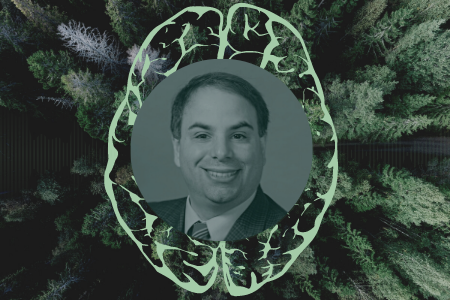May is Mental Health Awareness Month, and for many medical students and residents, their mental health can often take a backseat to the demands of studying, rotations, family, and numerous other obligations; studies have shown that levels of anxiety, burnout, and depression are often higher among medical students than in the general population.
 We spoke with Ryan Smith, DO, PhD, MBA, MSEd, who heads the NBOME National Faculty department for psychiatry, neurology and clinical neurosciences, about the importance of wellness and mental health in medical education.
We spoke with Ryan Smith, DO, PhD, MBA, MSEd, who heads the NBOME National Faculty department for psychiatry, neurology and clinical neurosciences, about the importance of wellness and mental health in medical education.
As the clerkship director of psychiatry and an associate clinical professor of psychiatry at PCOM Georgia and PCOM South Georgia, he provided some valuable insight into the resources he uses to guide students at his campuses.
In your roles at PCOM Georgia and South Georgia, and also as associate professor and chief of psychiatry at UNECOM, what has been the most effective method to guide students through the stress of medical education, particularly during a pandemic?
The pandemic has shown us that remote/distance learning has a place in medical education. But it is important to not lose sight, being behind a computer screen, of why you went into osteopathic medicine in the first place: patient care. Always keep your eye on that prize and work through the numerous modules knowing that the time spent learning foundational basic and clinical sciences will not only pay off on your COMLEX-USA result, but also once you hit the medical floors and start interacting with patients.
What do you think the main barriers are for students in getting help with their mental health?
There is a fair amount of misinformation about the effect mental health has on the ability of medical students, interns, residents, fellows, and attendings to practice medicine. Some of this was based on older medical practice guidelines. I’ve talked with many students who fear getting psychotherapy or pharmacotherapy out of fear that it may impair their ability to get a medical license. This is just not the case any longer.
Many state medical boards have changed how they ask licensing questions to be more inclusive, and now ask questions such as, “Do you currently have a mental condition which can directly impair your practice of medicine?” versus “Have you ever had a mental health diagnosis?” This is an effort to encourage all licensees to get the help they need to stave off a worsening mental health diagnosis as it propagates untreated for fear of licensing difficulties.
As a physician who has served on a State Board of Licensure, it is important to know that different states will have different laws and guidance around medical professionals who have mental health difficulties. By and large, most state boards are in place to protect the public, and simply want to ensure that any mental health difficulty a candidate might have will not directly impede their practice of medicine.
What is some advice you provide to students about managing stress around assessments?
First: you are not alone – we all have experienced stress around assessment.
However, some students and residents may develop a pathologic level of stress which may develop into one of many conditions such as major depressive disorder. We know that it is important to try to rectify the situation as early in its development as possible, so speaking to counseling services, the academic success center, or a director/dean of student affairs or student success at your medical school may be a good first step.
Also, talking to colleagues about how they handle stress can help you see that you are not alone and others are likely in a similar boat as you. Medications may also be helpful if a diagnosis is made, and not being afraid to be seen by student health or an off-campus mental health professional is essential to prevent the situation from ballooning into something that could be a hindrance further down the line.
What are some resources you would recommend to support mental health and wellness for osteopathic medical students?
AACOM has a Mental Health Awareness Task Force that is very active which I refer students to frequently. And this interview with a DO about mental health helps to de-stigmatize the topic greatly.
In addition, check in with your student government or student affairs office to see what resources may be available. All osteopathic medical schools, at a minimum, must provide 24-hr access to mental health services as a condition of accreditation.
Also, know that many others before you have been diagnosed with a mental health condition and successfully made it through their medical education program to residency and onto clinical practice. These diagnoses are nothing to be ashamed of, but they do need to be identified and treated as soon as possible to get you back to your highest level of functioning, so you can excel in medical school, residency, and in clinical practice as an attending.


